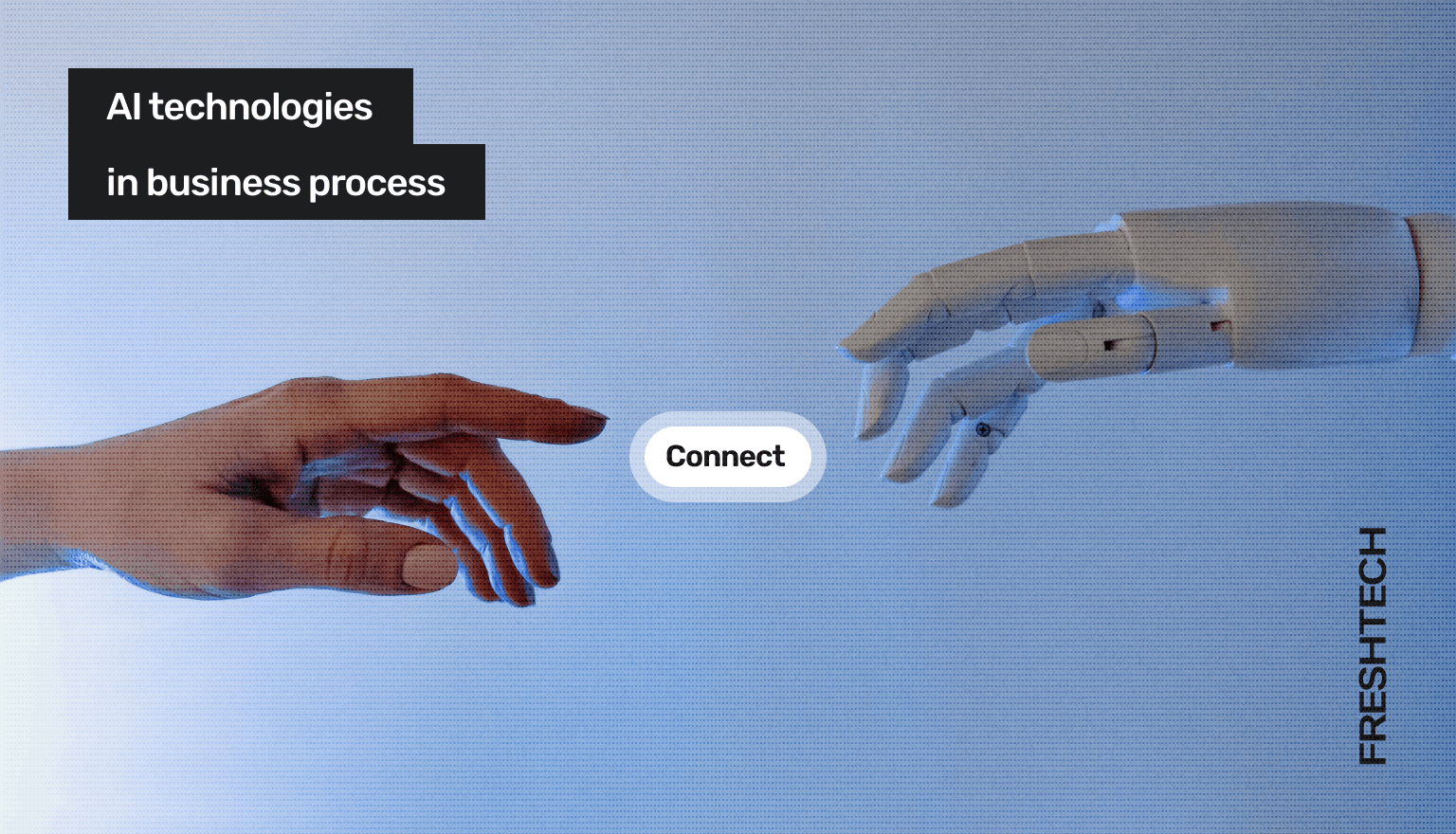ERP implementation: Benefits and functionalities

One of the most popular automation solutions is the implementation of an ERP system (enterprise resource planning). It allows you to take a comprehensive view of the company's activities and centrally manage all processes.
We have previously written about the role and benefits of ERP here. In this article, we will talk about the benefits and functionality of the system.
Who is ERP suitable for?
ERP systems are especially useful for large enterprises with a complex organizational structure, as well as for companies operating in the fields of manufacturing, retail, logistics, pharmaceuticals, and many others. Regardless of the industry, ERP implementation allows you to optimize workflows, reduce unnecessary costs, and increase efficiency.
Benefits of ERP implementation
- Optimization of business processes: ERP simplifies and automates many routine operations, which reduces the time it takes to complete tasks and prevents errors. It also provides unity of information and shared access to data for all departments, which facilitates better communication and coordination.
- Increased productivity: By automating tasks (such as accounting, warehousing, production planning, and others), you can free up resources and direct them to strategic projects and business development.
- Improved analytics and decision-making: ERP collects and processes a large amount of data, which allows for detailed analysis and informed decision-making. The system also provides the ability to monitor the performance and financial condition of the enterprise in real time.
System functionality
There are many ERP systems on the market that differ in their functionality, scalability, and customization options. Some of the popular ones include SAP, Oracle, Microsoft Dynamics 365, NetSuite, and others.
There are also customized solutions, such as ERP based on fdForge software. They allow you to customize the system to your needs and include only the features you need. This allows you to save time and money on implementing the solution.
Each ERP system has its own unique set of functionality, which may include modules such as finance and logistics, production and human resources, sales and marketing. Let's take a look at the main ones:
- Financial management: accounting of financial transactions, budgeting, settlements with suppliers and customers, cost control, and financial reporting.
- Production and inventory management: planning and optimization of the production process, inventory management (including automation of ordering processes, tracking of incoming and outgoing goods, ensuring optimal inventory placement).
- Supply chain management: order management, inventory control, interaction with suppliers.
- Human resources management: personnel management, salary remuneration, scheduling, and professional development.
- Sales module: customer order management, CRM, sales analytics.
- Project management: planning, execution, cost control, resource management, managing various aspects (such as time, budget, resources, and tasks), and tracking project progress.
If you dream of integrating different departments of your company into a single system, then ERP implementation is exactly what you need. It will allow you to manage all aspects of your business from one place, ensure effective communication, and reduce unnecessary costs.
Fill out the form below - our manager will contact you and help you choose the solution that is best suited for your business.




















